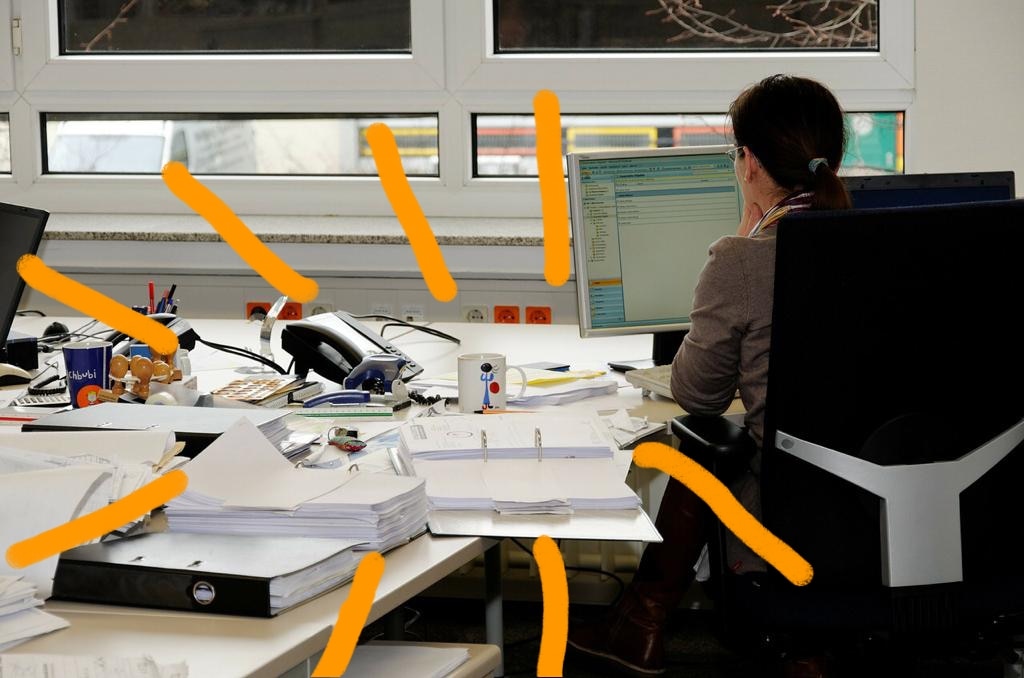We are in the final days of January 2019 and many of us are, for the most part, still mindful of and working towards our various new year’s resolutions. Right? One resolution that finds itself on many a list is ‘Get Organised’. There is no denying that this is an absolute must if you want to live your best life. Whether it is in your personal or work life the benefits of being organized are undeniable in the areas of time management, time-saving, and stress-reduction.
Being organized at work is part of working smarter (instead of harder) and leads to greater productivity and efficiency since you are able to accomplish more in less time. Sounds like a win-win situation.
It is important to realise that every system of organisation is going to work for everyone. It all depends on your personal and individual habits and tastes, work style, personality etc. For example some people are more tech savvy and prefer to use apps on their phones to keep them organized while others may prefer to make handwritten lists and use planners or post-its.
Regardless of your style here are 4 quick tips that will work for everyone, just tailor your methods to suit you.
1. Declutter
You know what they say, a cluttered desk is a sign of a cluttered mind. While there may be a method to the madness you can still gain from removing from your work space any extraneous stuff not currently in use. Your space affects the way you work and an orderly desk reduces distractions and will help you to keep a clear mind so that you can focus on the things that matter. Files, folders, documents that you haven’t used in the last 6 months or year should be put in storage out of sight. Apply this same logic to your computer desktop – don’t keep too many unnecessary files or tabs open.
2. Use time wisely
Time is the one thing we cannot get back. This makes it an exceptionally valuable resource. Think about how upsetting it is when you feel like someone has wasted your time. Don’t do that to yourself. Wise time management involves several things – planning and scheduling, prioritizing, minimizing distractions and saying ‘no’ when necessary.
3. Avoid multitasking
While multitasking is a valuable skill at the project level it is ill-advised at the task level. You will be more productive if you devote your full attention to one task at a time to completion or at least for a fixed amount of time before moving on to something else.
4. Write that down!
Writing notes is an excellent way to not only get organized but to help your memory. Studies show that the act of writing things down has the effect of processing and further imprinting them on memory. Whether you use a calendar, planner, notebook, post-its, or your phone, get in the habit of writing everything down. You’ll thank me later.






